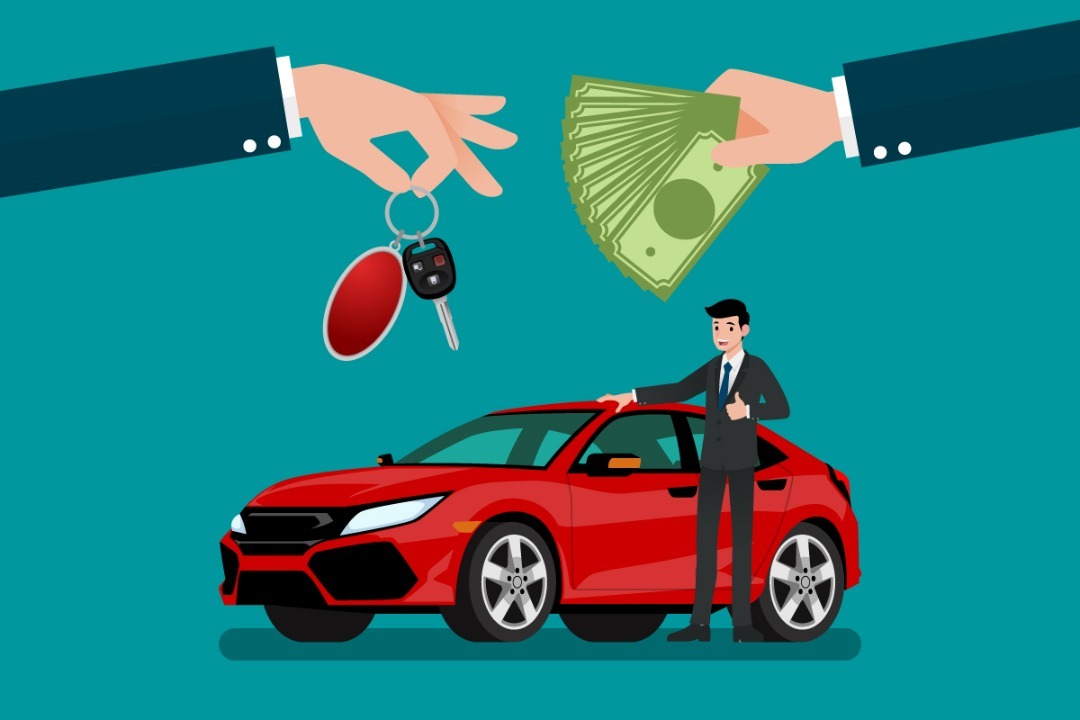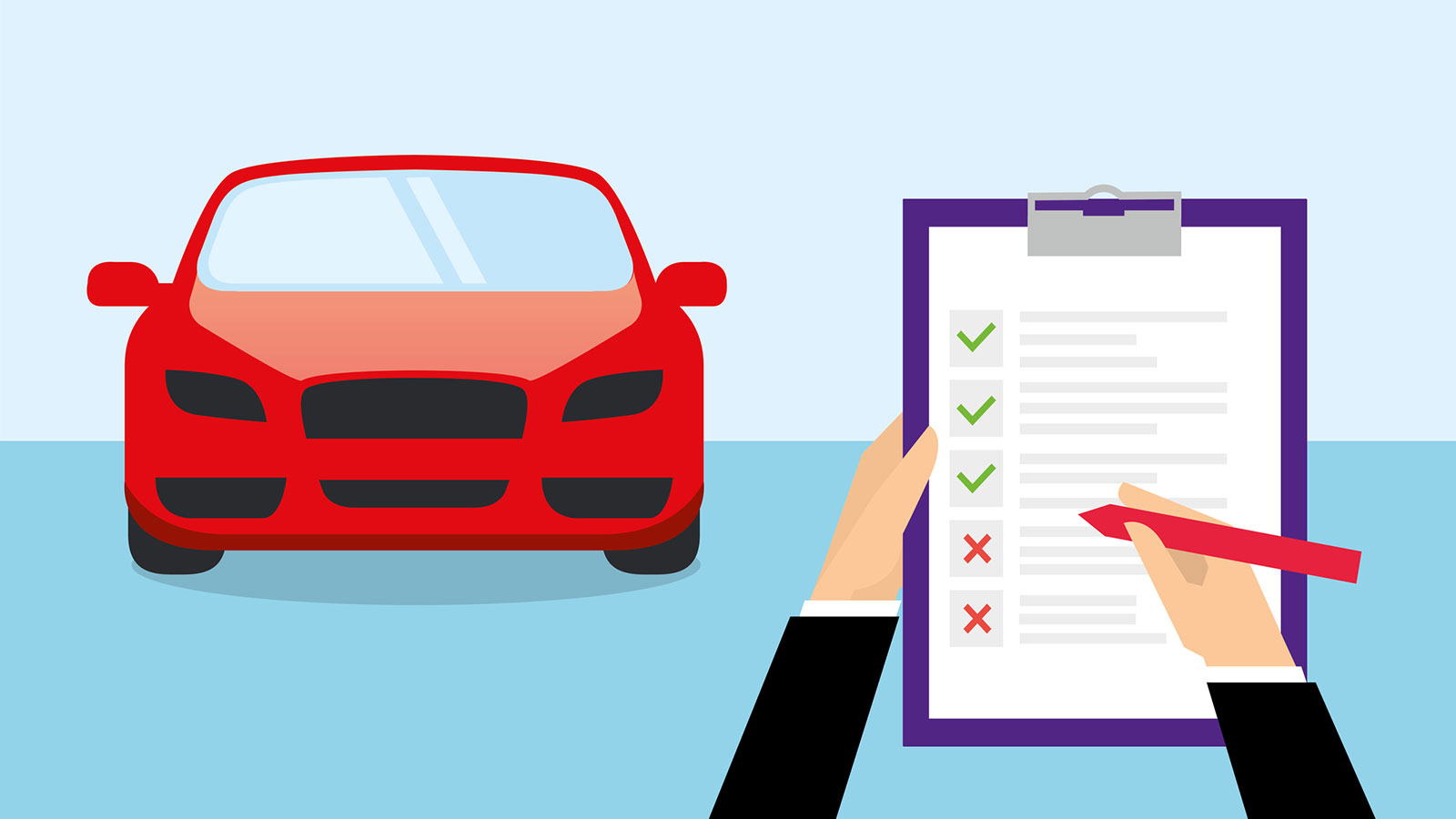



Start by considering how much time you want to spend selling your car. With Auto Stock Pro, you can receive a True Cash Offer in just minutes by answering a few simple questions. Once you have your offer, you can visit a Certified Dealer to cash out. If you're only seeking an estimate, simply enter your car’s make and model to get a price range, giving you a clear idea of what to expect when you're ready to sell.
Your vehicle's condition, along with details about its trim and modifications, will assist in determining its value.
Let's start by evaluating your car's condition.
This isn't a complete list, but it provides a good starting point for evaluating your car's condition. Now, let’s dive into the specific details of your vehicle.
Looking to maximize your car's value? Start by enhancing its appearance. The exterior is the first thing potential buyers notice, setting the stage for their impression of how well the vehicle has been maintained. A well-kept exterior suggests that the car’s maintenance is also up to date. Inside, refresh the leather or interior surfaces to restore a like-new look, and address any scratches or cracks for a more polished presentation.
Although regular service checks may not directly increase your car’s value, they can help slow depreciation. Many dealers offer service plans at the time of purchase, and in some cases, you can spread the costs over the life of your loan. If this encourages you to stay on top of maintenance, it can be a worthwhile investment.
When choosing between selling your car to a dealer or a private buyer, there are several key factors to keep in mind:
Ownership - Do you fully own your car, or is there an outstanding loan? If you’re leasing or still making payments, you may need to pay off the balance before selling to a private buyer. Selling to a dealership, on the other hand, allows them to handle the paperwork for you.
Time - Selling your car privately takes more time and effort—you’ll need to clean it up, take good photos, list it online, and meet with potential buyers. If you’re looking for a hassle-free option, selling to a dealership is usually much quicker and easier.
Price - If your car has strong trade-in value—like a popular model with low mileage and in good condition—and you're willing to deal with buyers, selling privately could be a good option. But if your car is worth less and you’d rather avoid the hassle, selling to a dealer might be the easier choice.
If you're selling to a private buyer, having the right paperwork is essential. Here are some documents you may need:
To find out which forms are required to sell a car in your state, check with your local DMV or reach out to AAA if you're a member. It’s also helpful to have your maintenance records handy in case a buyer asks for them.
Typically, you’ll need the current vehicle registration signed by all registered owners, along with the car title and your ID or driver’s license. You may also need to provide warranty details. To finalize the sale, a bill of sale may be required. Be sure to check with your local DMV to confirm the specific paperwork needed in your state.
Yes, you can. Before visiting the dealership, reach out to your lienholder (usually a bank or finance company) to request a payoff quote for your vehicle. Also, make a note of the payee address where the dealership should send the payment.
Yes, but first, check your lease agreement to find out the buyout price. Similar to having an auto loan, a dealer might offer more than what you owe, but if they don’t, you’ll need to cover the difference. If you’re looking to sell or trade in a leased vehicle, here are some steps you may need to take:
This information is for reference only, and additional terms and conditions may apply. If you have any questions, contact the dealer who leased you the vehicle—they can guide you through the process.
